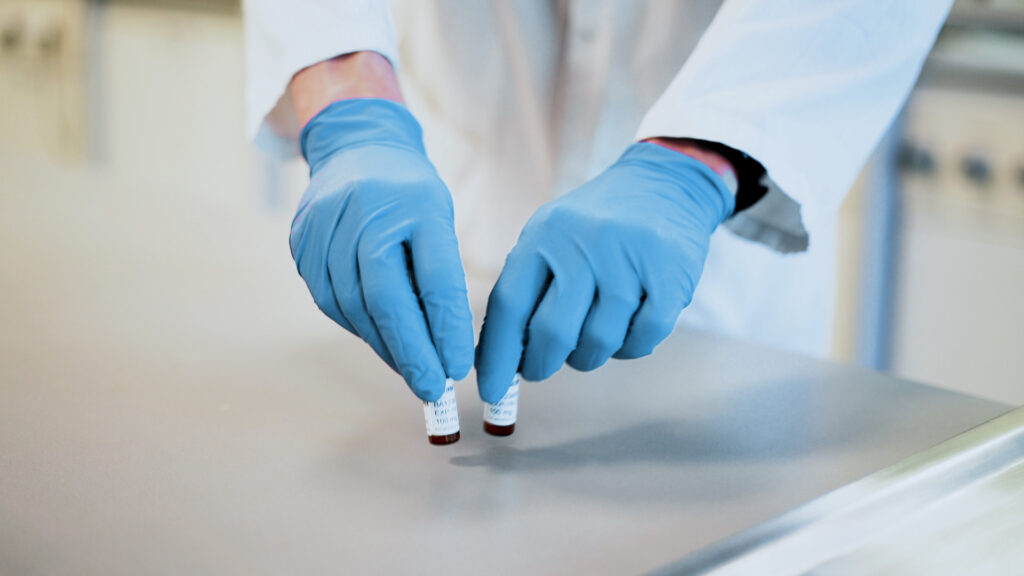Drug discovery is a complex and resource-intensive process critical to advancing healthcare by identifying new treatments and therapies for various medical conditions. In recent years, the landscape of drug discovery has evolved, necessitating collaborative efforts among various stakeholders, including pharmaceutical companies, academic institutions, government bodies, and nonprofit organizations. Drug discovery alliances play a pivotal role in pooling expertise, resources, and knowledge to expedite the development of innovative drugs and improve healthcare outcomes on a global scale. One of the primary drivers for forming drug discovery alliances is the growing recognition of the high costs and risks associated with drug development. The process from initial research to market approval is both time-consuming and expensive, often requiring significant investments in research and clinical trials. By forming alliances, organizations can share the financial burden, reduce development costs, and streamline the research process.

Moreover, drug discovery alliances allow for the sharing of knowledge and expertise across multiple domains. Academic institutions and research centers often possess valuable insights into the biological mechanisms of diseases and possess a rich repository of potential drug targets. In addition, global alliances enable access to diverse patient populations and geographical insights. Diseases may manifest differently in various regions or populations due to genetic, environmental, or lifestyle factors. International collaborations provide a broader understanding of disease biology and potential variations in treatment responses, enabling the development of more effective and explore personalized therapies. Furthermore, drug discovery alliances can foster open innovation, enabling the sharing of research tools, technologies, and data. This sharing of resources can accelerate the drug discovery process, avoiding duplication of efforts and ensuring optimal utilization of available expertise and infrastructure.
Collaborations between pharmaceutical companies and research institutions also enhance the likelihood of successfully navigating the regulatory landscape. Access to regulatory expertise and guidance can streamline the approval process and ensure compliance with diverse global regulatory requirements. However, forming successful drug discovery alliances requires effective communication, shared goals, trust, and a clear delineation of roles and responsibilities. Intellectual property rights and data sharing agreements must be well-defined to protect the interests of all parties involved. In conclusion, drug discovery alliances play a critical role in healthcare by driving collaboration and innovation in drug development. These alliances offer a platform for organizations to pool resources, share knowledge, and accelerate the discovery and development of novel drugs. By fostering collaboration on a global scale, drug discovery alliances have the potential to revolutionize healthcare by delivering safer, more effective, and personalized treatments to patients worldwide.